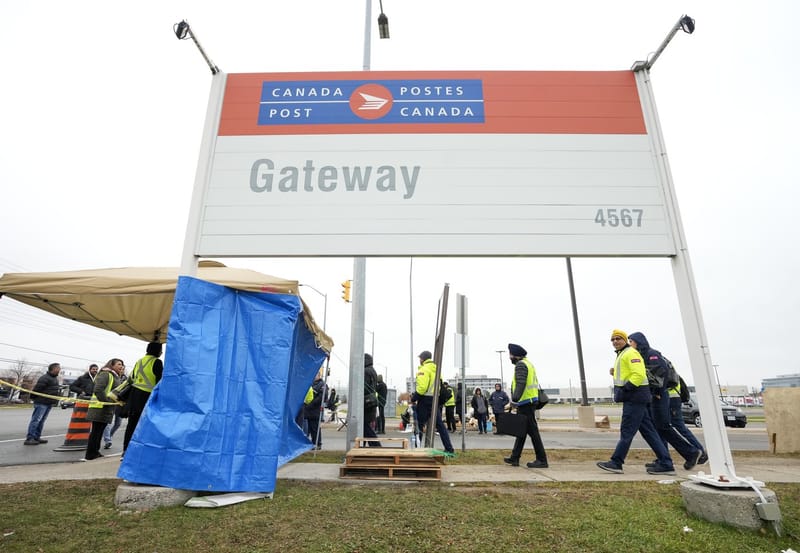Canada records its lowest fertility rate for 2nd year: StatsCan
B.C. has lowest rate among provinces and territories, with rate of 1 child per woman in 2023, agency says

In 2023, Canada recorded its lowest fertility rate ever for the second consecutive year, according to Statistics Canada. The country's fertility rate stood at 1.26 children per woman, with British Columbia reporting the lowest rate at one child per woman.
While the total number of births remained steady at around 350,000 compared to 2022, Statistics Canada attributed the lower fertility rate to a growing number of women of childbearing age in 2023.
"Canada has now joined the ranks of 'lowest-low' fertility countries, such as South Korea, Spain, Italy, and Japan, where the rate is 1.3 children per woman or less," the agency stated on Wednesday. In contrast, the fertility rate in the U.S. was 1.62 children per woman in 2023.
Statistics Canada also reported that 10 out of 13 provinces and territories saw their lowest birth rates on record.
Additionally, the country experienced its highest rate of premature births in the last 50 years, at 8.3 per cent. This rise could be linked to the increasing number of older women giving birth, as the risk of premature birth grows with maternal age. In 2023, 26.5 per cent of new mothers were aged 35 or older, compared to 10.7 per cent in 1993. The average age for childbearing rose to 31.7 years.
Affordability is a Key Factor, Says Doctor
Dr. Renée Hall, a clinical associate professor at the University of British Columbia and co-medical director at Willow Reproductive Centre, noted that these statistics reflect young people's hesitancy to have children when they would like to. She highlighted the impact of Canada’s high cost of living, particularly in B.C., on family planning.
"Given the significant economic impact of the COVID-19 pandemic, inflation, and the housing crisis, it’s not surprising that young people are delaying having children or may not be able to have them at all by the time they're financially stable," Hall told CBC News.
Dr. Beth Taylor, another clinical associate professor at UBC and co-founder of Olive Fertility Centre, observed more women waiting until their late 30s or 40s to start a family. "We're also seeing an increasing number of people coming in to freeze eggs, showing there’s a desire to have children, just not right now," she said.
Both Hall and Taylor cautioned that even advanced fertility techniques have their limits when it comes to age. "It’s important to use contraception and plan carefully to avoid having a child before you're ready," Taylor advised. "But don't wait too long, as there is a limited window in which you can have children."





